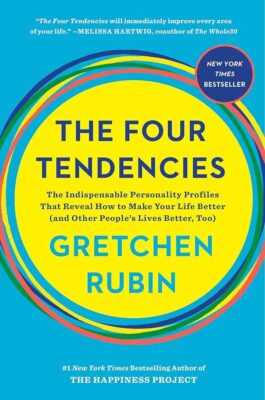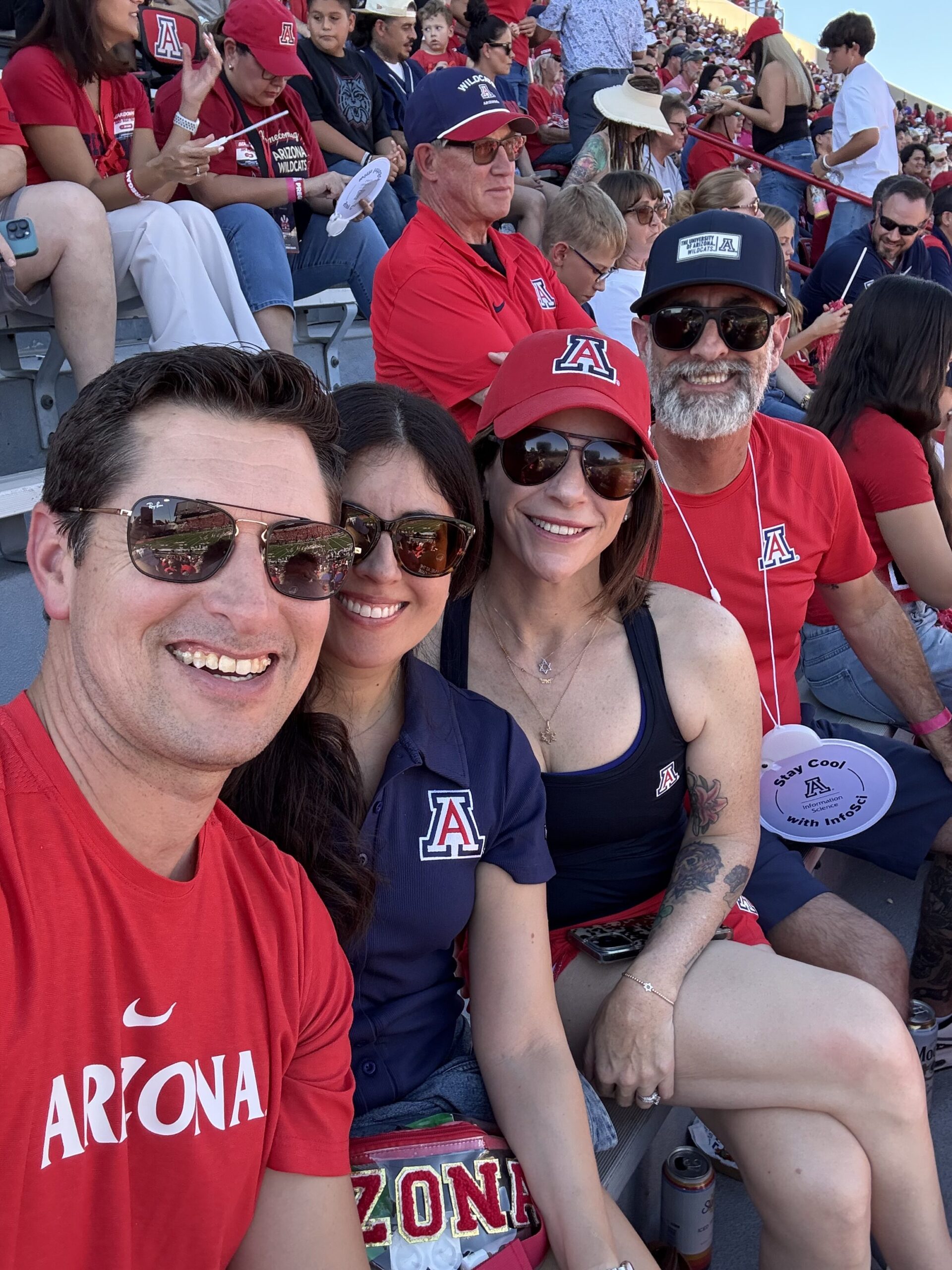Two words I hear all the time: motivation and accountability.
From clients, readers, and people who want to get healthier but can’t seem to make it stick.
While they sound simple, both are actually…complicated.
When someone says, “I just need more accountability,” what that really means can vary a lot.
- Sometimes it’s about systems and structure.
- Sometimes it’s about clarity on their goals and how to achieve them.
- And sometimes, it’s about how we personally respond to expectations – both from ourselves and from others.
Why no single “system” fits everyone
If you’ve ever read books like Atomic Habits by James Clear, The Power of Habit by Charles Duhigg, or Switch by Chip and Dan Heath, you know there are a lot of frameworks out there for understanding behavior.
After 15 years of coaching, here’s what I’ve learned:
None of these systems are foolproof. None of them fully capture how complex people really are.
But that’s not the point. Each one is a lens. A new vantage point that helps us see our habits and struggles differently.
And when you’re stuck, sometimes that’s exactly what you need: a fresh perspective that gives you a new way to approach things.
Enter The Four Tendencies

Several years ago, our entire coaching team read The Four Tendencies by Gretchen Rubin, and it provided some really key insights that we’ve baked into our coaching program and how we think about helping people ever since.
The basic concept is this: people respond to internal and external expectations differently. By understanding which expectations you thrive with, and which are a struggle, you can work with your natural tendencies instead of fighting against them.
The most common tendency we see is The Obliger.
Obligers are the glue of a team or family. They meet outer expectations (deadlines, commitments, helping others), but resist inner ones (self-care, personal goals, boundaries).
Sound familiar?
If you’ve ever said:
“I know what I should be doing… but I can’t seem to do it for me,”
…you might be in this group.
One of our clients described it perfectly:
“Every bit of energy feels consumed by surviving my workday, meeting the needs of my family, helping with the needs of others… there’s too little self-care and self-prioritization in my life at this time.
I know I bring the situation upon myself. I am wired to commit to things, to be involved, to want to be needed and valued and recognized. But it comes at a price. The demands from other people or things leave little left for me.”
That’s the Obliger experience in a nutshell.
And let me be clear, this isn’t about weakness or lack of willpower.
In fact, Obligers get SO MUCH done.
The problem is they often sacrifice their own goals to help others, which can lead to health challenges in the long-run.
How we help Obligers succeed
At Nerd Fitness Coaching, we help Obligers by providing three key supports: external accountability, Dial Mode adjustments, and tracking wins as they accumulate to reinforce and reward their progress.
Here’s how you can translate those into your own practice:
- A coach or workout buddy you checks in and celebrates wins with you
- A checklist or tracking system that makes your progress visible
- Building out a Dial Mode – i.e. a plan for different types of days so you can adjust accordingly and avoid burnout
- Reframing goals as something that benefits others – i.e. “I’m exercising so I have more energy for my kids.”
As you’ll notice, several of those are about externalizing your accountability.
Here’a another fun tactic: write a letter from your future self to your current self thank you for showing up. This is the exact thing that clicked for my client Gina. When things got hectic, writing that letter made her feel accountable to her future self (in a good way!). That simple shift helped her stay consistent through a chaotic month.
The Hidden Danger: burnout and the “pause button”
Obligers often take on too much.
They juggle a million competing expectations – deadlines, family, coworkers, community.
And when it all gets too heavy, they tend to hit the big red pause button on SOME of those.
“I just can’t deal with all of this right now. I’ll get back to it later.”
Totally understandable. And in fact, it’s an act of self-preservation. They CAN’T keep going at 100 miles per hour.

We often see folks in this scenario try to cut out all of these outside expectations with the hope that they’ll finally have time to focus on themselves later.
It sounds logical, but it usually backfires.
Because Obligers actually thrive with some form of external accountability.
So the key isn’t to eliminate expectations. It’s to curate them.
Here are a few counterintuitive questions I like to ask to do just that:
What are the benefits of NOT moving towards goal X right now?
And what are the consequences of continuing to move towards it?
By reversing the old “pro/con” list, we can get a lot of clarity on what feels good to you!
Big picture takeaway
Motivation and accountability aren’t one-size-fits-all.
Understanding your “tendency” gives you a new lens – and using tools specific to your needs increases your chances of success in the long-run.
If you want to see where you land, you can take the free quiz from Gretchen here -> https://gretchenrubin.com/quiz/the-four-tendencies-quiz/
Let me know which tendency you get! (I’m a Questioner! 🙋♂️)
-Matt
P.S. Fun fact: ~60% of the people we work with at Nerd Fitness Coaching identify as Obligers. Everyone’s needs are different, which is why we design coaching around you, not generic motivation hacks. If that sounds like the kind of structure you’ve been missing, I’d love to talk to you. Just hit reply to this email. ❤️







